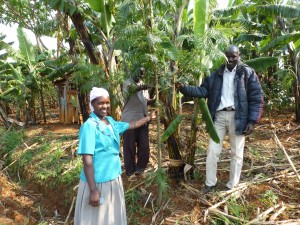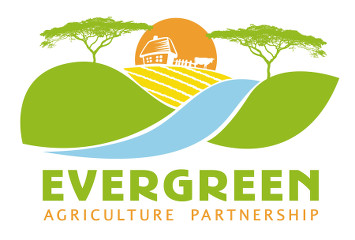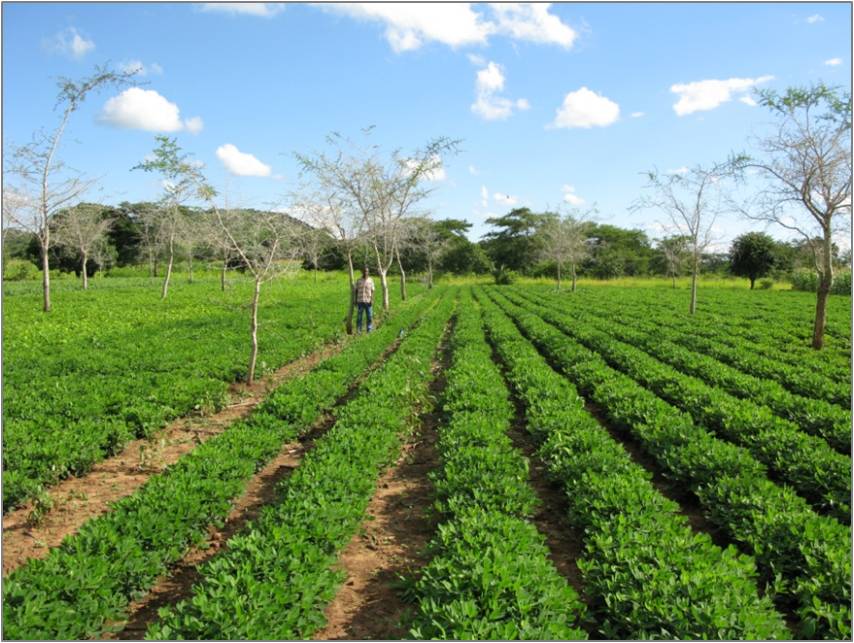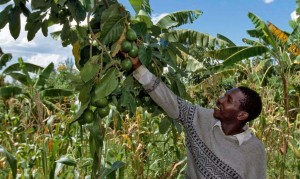
The International Forestry Review has recently published a collection of papers on gender in Agroforestry. These papers provide insight into the roles, benefits and perceptions of both men and women in Agroforestry. We consider some of these insights and emerging lessons for Evergreen Agriculture.
The full issue includes studies from Asia, Africa and South America and highlights the great diversity in the roles men and women play in agroforestry between regions, countries and ethnic groups. Gendered roles and responsibilities impact who can plant what variety of tree and where, who cares for these trees and who benefits from which specific parts of the tree. For example women in Africa generally have rights over indigenous fruits such as shea, while men almost universally own tree commodities such as timber.
These varying gender roles and responsibilities can influence both the practice of Agroforestry and dictate who benefits from it. For this reason, gender should be considered in Evergreen Agriculture activities. Some lessons for Evergreen Agriculture from these recent studies include:
 • It is important to understand the roles and responsibilities men and women have in terms of tree planting, management and harvesting in project areas.
• It is important to understand the roles and responsibilities men and women have in terms of tree planting, management and harvesting in project areas.
Men and women are likely to prefer different tree species based on the control they have over the products coming from the species. Targeting training and provision of species on to men and women based on their priorities is likely to increase adoption.
• When providing training consider the accessibility and appropriateness of the materials for both men and women.
There are many more gender lessons for Evergreen Agriculture in the full issue and other readily available resources. By considering gender in your activities you could greatly improve tree planting and a more equitable sharing of the benefits.




